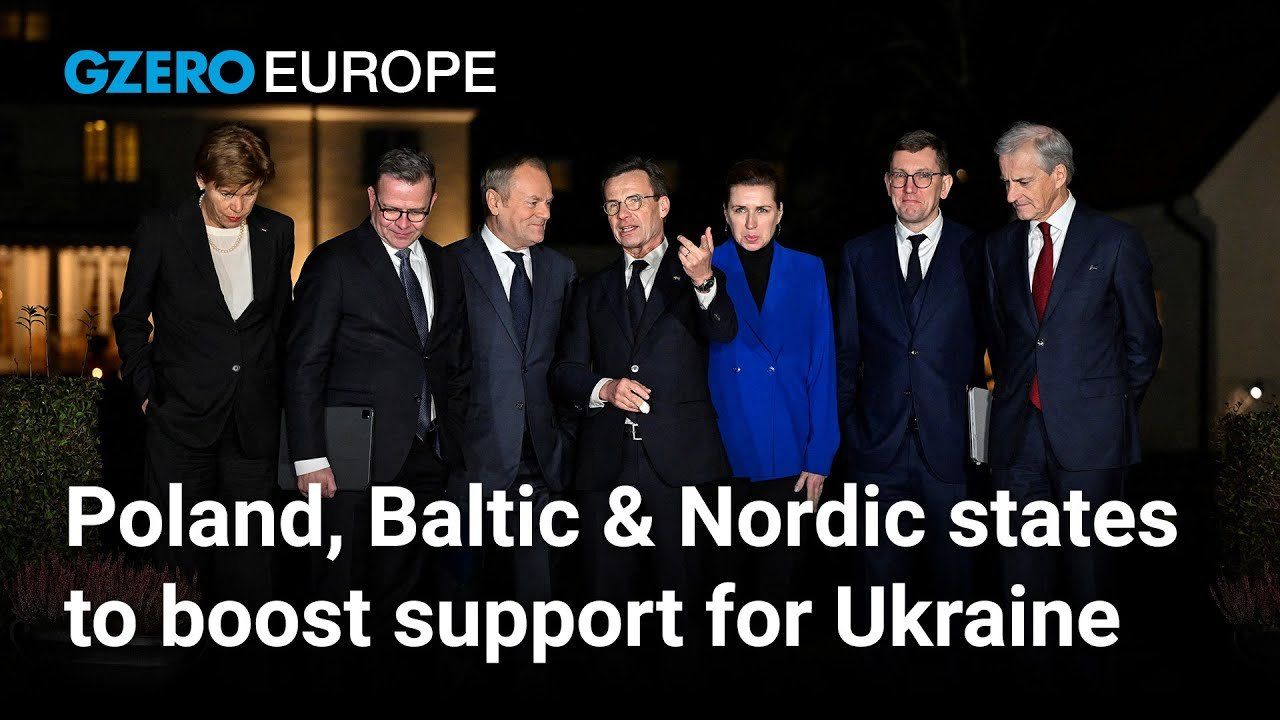WHAT WE'RE WATCHING
Next Tuesday's Brexit vote – The Brexit mess looks set to get messier. Next Tuesday, Theresa May will likely lose a scheduled vote in the House of Commons on her Brexit plan.
Jeremy Corbyn continues to resist calls by some within his Labour Party to push for a new Brexit referendum. Instead, he wants a general election "at the earliest opportunity" to "break the [Brexit] deadlock."
Irrefutable proof of time travel – In 1958, CBS aired an episode of a Western TV show called "Trackdown" in which a conman tries to sell a town a "wall" to protect citizens from the fake threat of a meteor shower. "I am the only one, just me," the fraudster assures the gullible crowd. The con man's name? Trump. Love the president or hate him, it's hard to take your eyes off this clip, which has so far stood up to fact-checking.
WHAT WE'RE IGNORING
Robo-soldiers – Engineers are now building robots that can perform many of the physical tasks associated with military infantry. We're ignoring this story because, really, what could go wrong?
Narendra Modi waves – A few speakers at the annual Indian Science Congress made international headlines this week with comments that suggest politics and ideology might be clouding their scientific judgment. Among our favorite claims from the podium: stem cell research was discovered in India thousands of years ago, a demon king from a Hindu religious epic owned 24 types of aircraft, Isaac Newton and Albert Einstein were both wrong about gravitation, and gravitational waves should be renamed "Narendra Modi Waves." Less fanciful Indian scientists have denounced these comments as an embarrassment to their country.
